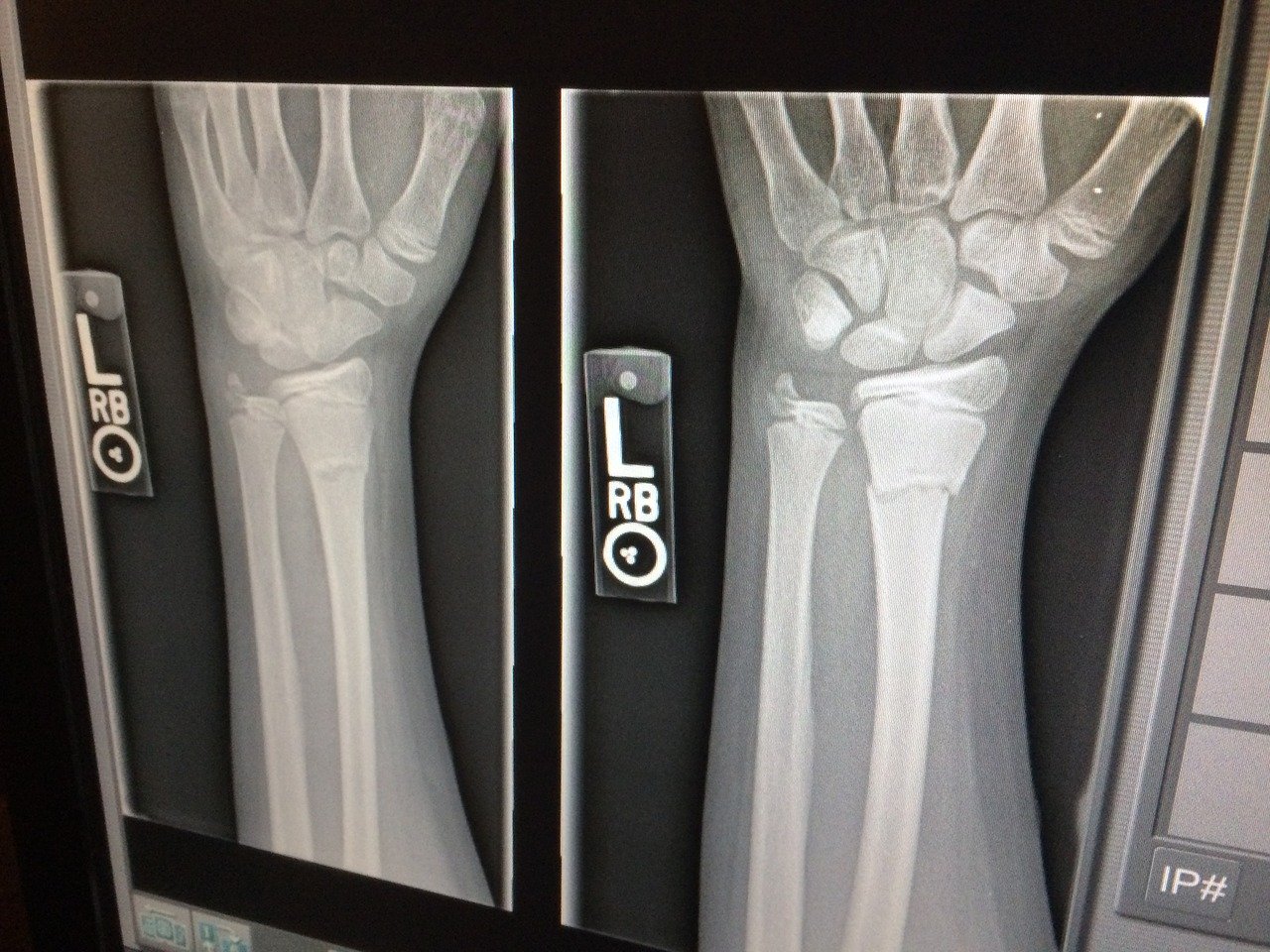In April 2020 researchers from New Zealand published their review on calcium and/or vitamin D supplementation for the prevention of fragility fractures. The researchers stated that as vitamin D and calcium have different functions, the need for supplementation, their safety and effectiveness, need to be assessed separately. Vitamin D deficiency is usually the result of low sunlight exposure (eg in frail older people, those who are veiled, those with dark-skin living at higher latitudes) and is reversible with vitamin D3 400-800 IU/day. Calcium supplements produce a 1% increase in bone density in the first year of use, but no further increases thereafter. Current evidence shows that vitamin D supplements do not improve bone density except in individuals where the level of 25-hydroxyvitamin D is under 30 nmol/L. Evidence shows that supplementation with calcium, vitamin D, or their combination does not prevent fractures in adults living in the community, although a large study involving nursing home residents with vitamin D deficiency did demonstrate that supplementation could reduce the risk of fractures. When treating osteoporosis, co-administration of calcium with anti-resorptive drugs has not been shown to be effective, and the correction of any severe vitamin D deficiency (under 25 nmol/L) is necessary before the use of potent anti-resorptive drugs to avoid hypocalcemia. Calcium supplements can cause gastrointestinal side effects, particularly constipation, and increase the risk of kidney stones and, possibly, heart attacks by about 20%. Low-dose vitamin D is safe, but doses of over 4000 IU/day have been associated with more falls and fractures. The researchers concluded by stating that current evidence does not support use of either calcium or vitamin D supplements for the prevention of fragility fractures in healthy adults living in the community.
Reid IR, Bolland MJ. Calcium and/or Vitamin D Supplementation for the Prevention of Fragility Fractures: Who Needs It? Nutrients. 2020 Apr 7;12(4). pii: E1011.

